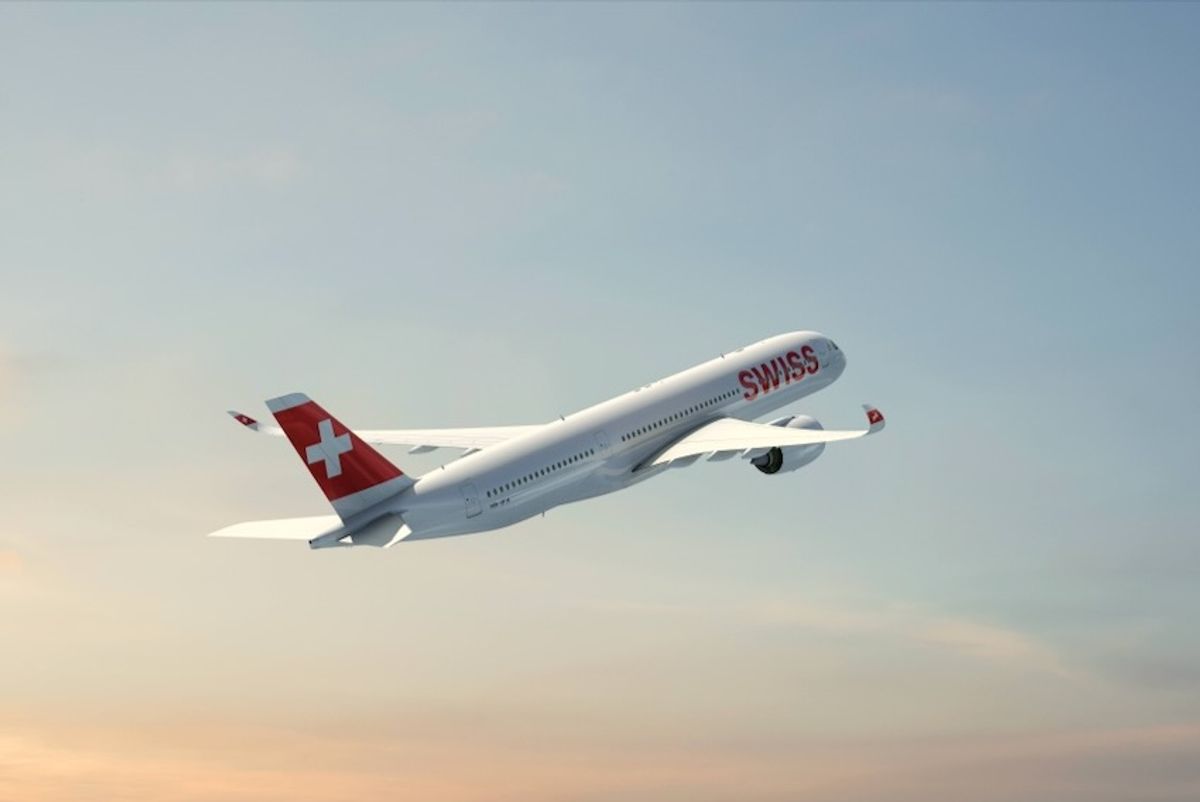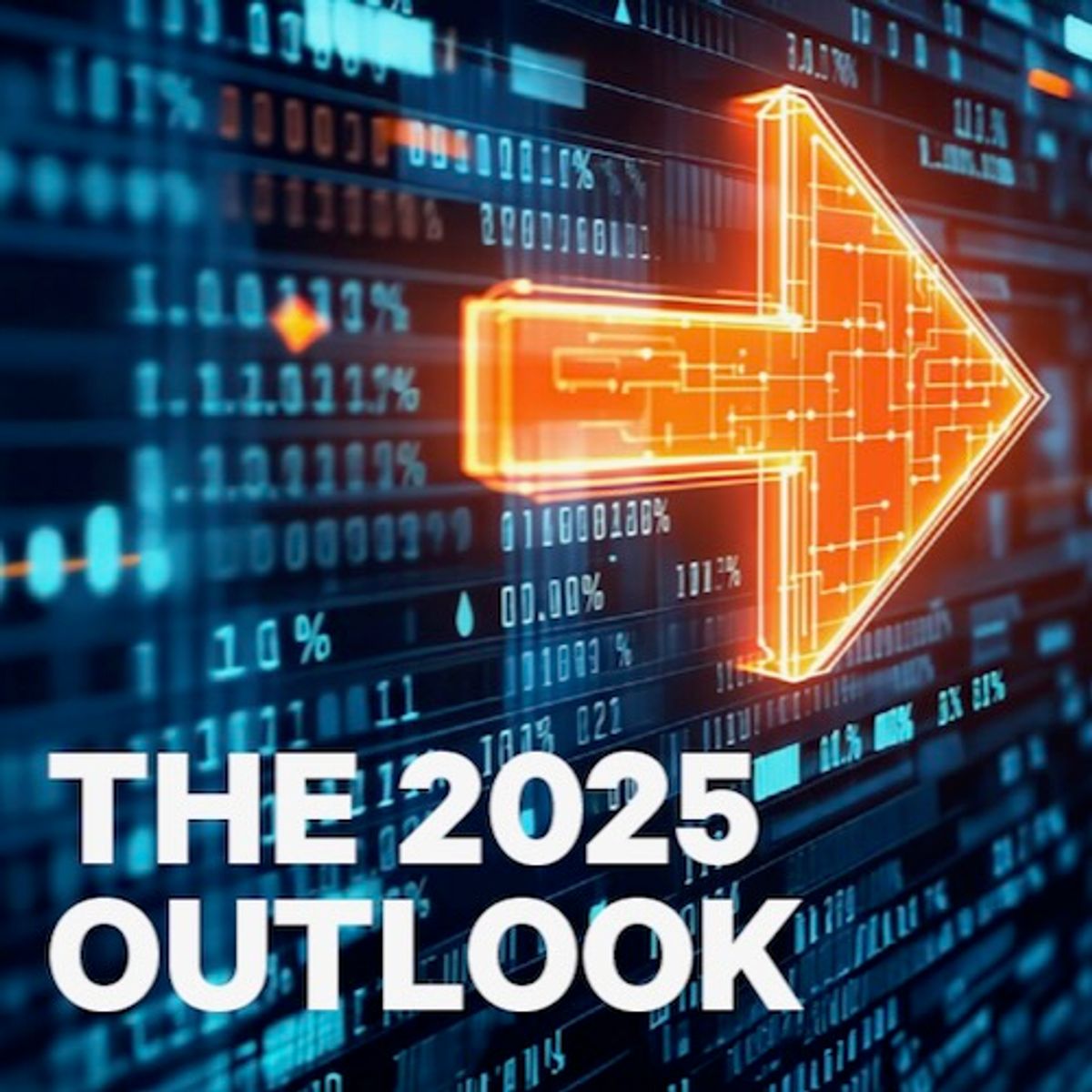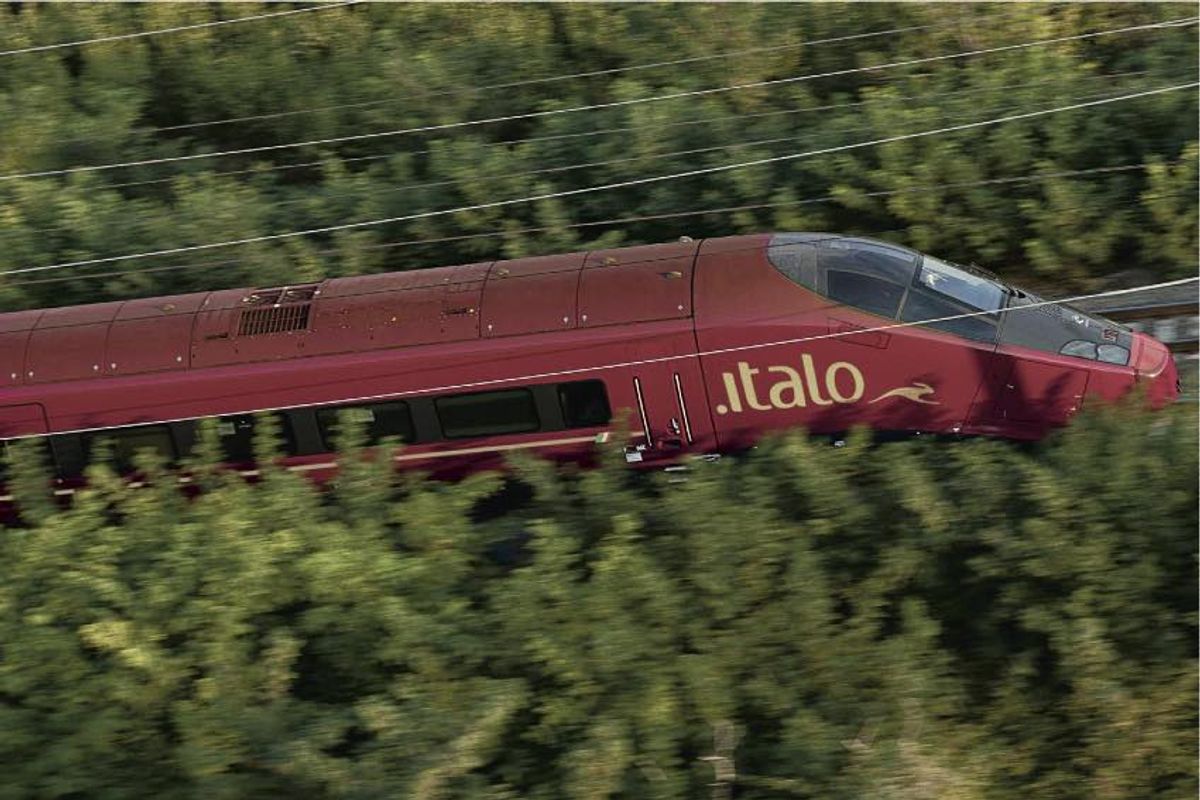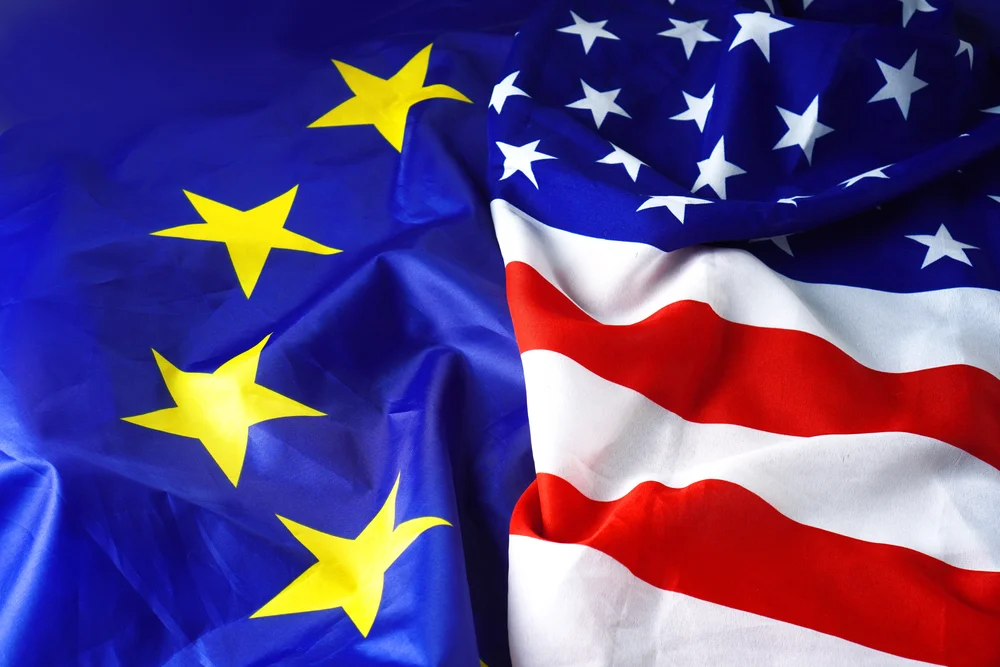World
Starmer must use EPC forum to offer hopeful vision for Europe’s future

Keir Starmer’s chance to introduce himself to nearly 50 European leaders in the historic surroundings of Blenheim Palace this week very nearly did not happen, according to some diplomatic sources.
Rishi Sunak, unlike Liz Truss, his predecessor as prime minister, who took Britain into the European Political Community (EPC), was not a great enthusiast for this still nascent addition to the crowded field of world summitry.
He did not share Truss’s enthusiasm for hosting such an event in election year and in late 2023 dispatched his foreign secretary, David Cameron, to Paris to see if the difficulties over a mutually convenient date may mean the event could be cancelled, or at least another host could be found.
Emmanuel Macron, the French president who invented the concept of the forum after the Russian invasion of Ukraine, gave a clear indication of what might happen to Anglo-French relations if Sunak pulled out.
But Sunak had a point. The 47 leaders, including those outside the EU27, have busy diaries and some still question whether yet another summit is what the world needs, especially one where there is no secretariat and, at its last iteration, not even a closing press conference.
Others say the forum’s flexibility is its strength, and provided it remains security focused and broadly defined, it has added value to the EU, the Council of Europe and the Organization for Security and Co-operation in Europe, of which Russia is a member.
But the fourth meeting of the body is a test. The first summit in Prague Castle in October 2022 that was attended by 44 heads of state or governments including the Turkish president, Recep Tayyip Erdoğan was a Europe-wide phenomenon.
But the second two summits, in Chișinău, Moldova, in June 2023 and Granada, Spain, in October, received mixed reviews. At the latter, disputes over the agenda, including the relevance of migration, led to Spain cancelling a closing press conference. “Forty-nine leaders, 700 journalists, dozens of bilateral meetings … and no decisions,” was Politico’s fair summary.
Also in Granada, neither Erdoğan nor Azerbaijan’s leader, Ilham Aliyev, showed up. Erdoğan overall seems unenthused by the EPC, reflecting his reluctance to give up the privilege of being an east-west hedger.
The fiasco in Spain places onus on the UK to rescue the EPC concept at Blenheim Palace at the latest edition of the forum this week. It cannot afford to be a one-day summit to welcome Starmer to the continent. Nor indeed can it be a self-interested launchpad for the UK to reset its relations with the EU, a project that will take many months to prepare and has only indirect relevance to the wider EPC membership.
Starmer needs to show how the EPC can develop Europe’s sovereignty.
The recent Biden debacle in the CNN debate studios in Atlanta and then the shooting at the Donald Trump rally in Butler, Pennsylvania, will hang heavy in the room. The closer Trump comes to victory in the November presidential contest, the more Europe knows it must become Trump-proof or at least Trump-prepared.
But the way for Europe to become stronger and more prepared for whatever a second Trump term might hold is not to focus exclusively on defence spending levels or improving EU competitiveness vis-a-vis the US.
after newsletter promotion
Officials say the EPC needs to address the three large problems that are weakening the entire continent, not just the EU: irregular migration, disinformation and lack of energy security.
Fortunately the Centre for European Policy Studies, a Brussels-based thinktank, says the Foreign Office has been assiduous in holding pre-summit workshops to help frame the issues for debate at the summit. Whether any new tangible answers will be provided by such a large body is unclear.
What has been left unresolved at present is the degree to which the EPC is a coherent ideological body supporting democracy against Russian authoritarianism. This lacuna is made more acute by the fact that Viktor Orbán, the Hungarian prime minister, is due to host the next EPC in November and would like to invite Trump to the summit.
Blenheim, the birthplace of Winston Churchill, gives Starmer a chance to offer a vision of Europe distinct from authoritarianism. He can draw connections between Churchill’s postwar support for the European court of human rights and his own belief that the European convention on human rights, the credo that the court enforces, represents the best of Europe.
Churchill saw Britain as part of what he called “three majestic circles”. They comprised the Commonwealth, the English-speaking world, and Britain’s “friendly association” with a “united Europe”.
All three circles are in need of some repair and Blenheim will be a good to place to start.










